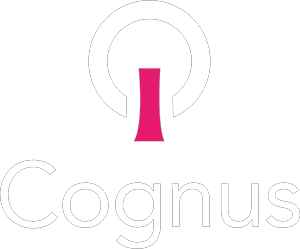What is self-regulation?
Self-regulation refers to the ability to maintain an arousal level that is appropriate for any given situation. Self-regulation also involves having the ability to generate appropriate behavioural and sensory responses to the input in different situations and daily routines and the ability to demonstrate self-control: to monitor and control behaviour, attention, motor output, emotions, and social interactions.
Self-regulation skills can include a child maintaining their composure and problem-solving or asking an adult for help or guidance when another child takes their toy or being able to self-monitor, control their impulses, and keep their voice quiet in the library. Self-regulation in the classroom or school might include a child being able to attend and stay at their desk while the classroom teacher is talking or being able to stay with their class and walk in line in the hallway.
Self-regulation is extremely complex. It involves attention, the sensory systems, problem solving , emotional regulation and so much more. Many children/young people struggle with one or more of these areas, making self-regulation challenging. Children/young people who are autistic, who have ADHD, or who need more sensory processing supports may struggle with self-regulation skills more than other others. Young children in preschool years are still actively developing the ability to regulate themselves and may demonstrate outbursts and tantrums as part of typical development. But all of us – adults and children alike – can have difficulty with managing our own emotions and behaviours when faced with basic daily stressors like tiredness or hunger.
Advice and resources
Information videos:
Useful websites:
- A programme to help students manage their emotions and actions. https://www.zonesofregulation.com/index.html
- Self-regulation advice and blog.
- Blog | Mindful School (themindfulschoolot.com)
- A programme to help students in becoming aware of their emotions, and the stage or level of the emotion. https://www.5pointscale.com/
- A practical approach to help us choose strategies to change or maintain levels of alertness. https://www.alertprogram.com/
- A website educating and raising awareness of Sensory Processing Disorder through engaging learning https://www.sensoryspectacle.co.uk/
- A network helping others learn to recognise and support sensory needs. https://www.sensoryintegrationeducation.com/
- A website offering special education apps for autism, down syndrome and other developmental disabilities. https://otsimo.com/en/
- Sutton health and care sensory processing information download.cfm (suttonhealthandcare.nhs.uk)
Useful Apps: (educational games for children with ASD, learning difficulties and sensory processing difficulties)
- BrainWorks App https://sensationalbrain.com/brainworks/brainworks-app-2/
- Otsimo App https://otsimo.com/en/
*These are universal strategies to help children and young people with these common functional concerns. Should you require more specific support please seek appropriate professional advice.
For more information about local services please contact: cognus.therapies@cognus.org.uk


